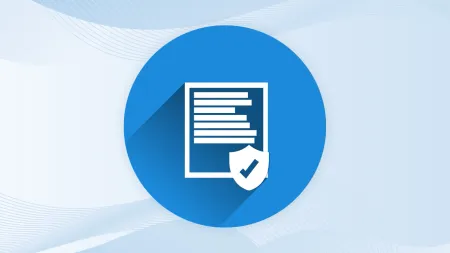
Understanding the Requirements for FAR CUI Compliance
Learn the key requirements for FAR CUI compliance, including security controls, NIST 800-171 guidelines, and who needs to comply with the Federal Acquisition Regulation (FAR).
Explore related posts tagged with "NIST 800-171"

Learn the key requirements for FAR CUI compliance, including security controls, NIST 800-171 guidelines, and who needs to comply with the Federal Acquisition Regulation (FAR).
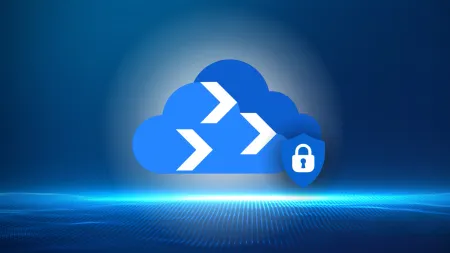
Learn the best security practices for Azure migration. Protect data, ensure compliance, and minimize risks with Azure security tools and strategies.

Preparing for a Microsoft 365 GCC High migration? Explore the technical, compliance, and operational steps required for a smooth transition to GCC High.
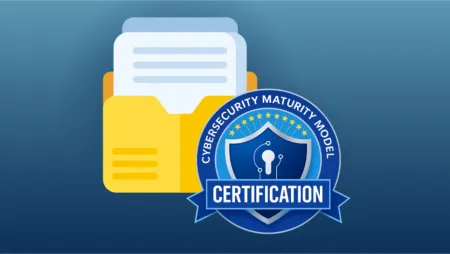
Strong documentation is critical to CMMC success. Learn the key evidence assessors expect and how to avoid common documentation failures.
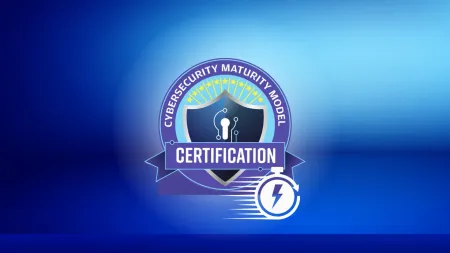
Need urgent CMMC certification? AgileThrive JumpStart accelerates compliance for DoD contractors with fast-track assessments, gap analysis, and rapid audit readiness.
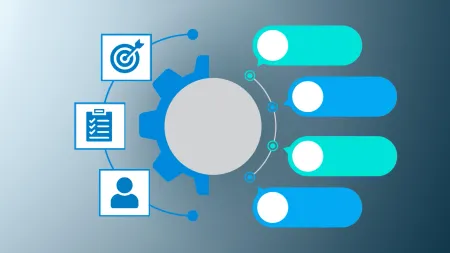
Understand the difference between technical and process controls in CMMC compliance. Learn how both work together to protect FCI and CUI data effectively.
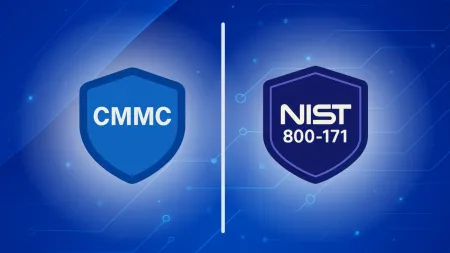
Learn how CMMC compliance aligns with NIST SP 800-171. Understand the security controls, certification requirements, and how both frameworks help protect Controlled Unclassified Information (CUI).
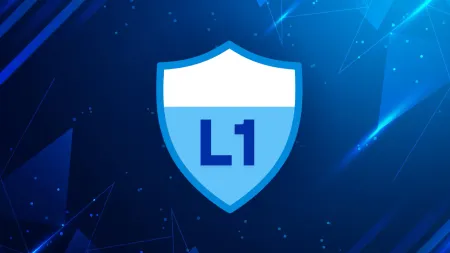
Over 139,000 DoD contractors must meet CMMC Level 1. Learn what it requires, how to self-assess, and why it's essential for handling Federal Contract Information.
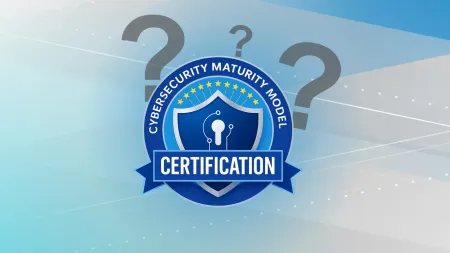
CMMC compliance is crucial for protecting Controlled Unclassified Information (CUI) in defense contracts. Learn what CMMC is, its certification levels, and why it matters.
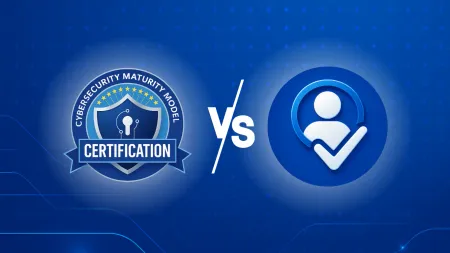
Not all contractors need a third-party CMMC certification. Find out the differences between CMMC certification and self-assessment and which one applies to your organization.